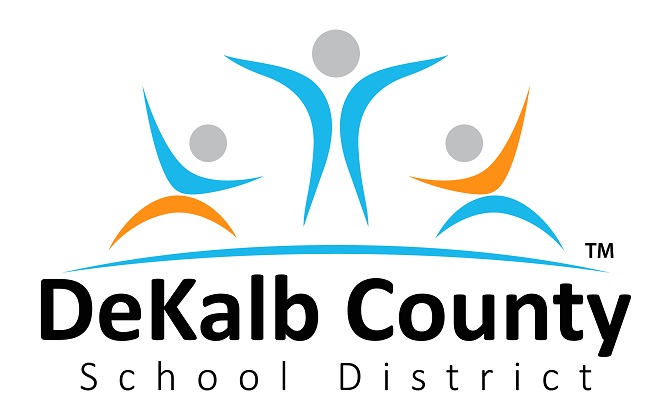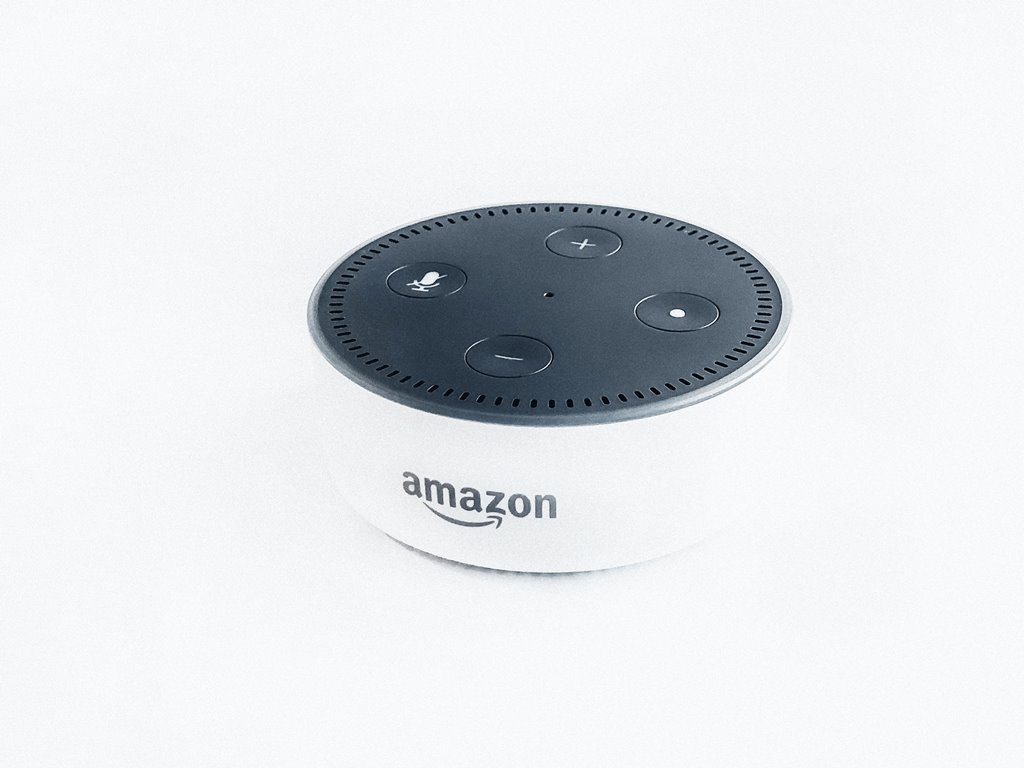The growth of online education has led to a multi-billion global industry, but for faculty and administrators, they have a gloomy view of the industry. Only 32 percent of faculty believe online education is equal to in-person classes.
The advancement of technology has opened new opportunities, especially in education. New industries such as EdTech (education technology) have been established which are challenging the way learning is done. There is also internet which has enabled easier access to information, therefore, spurring the rise of online learning.
The online courses have slowly gained root in the EdTech market industry, becoming a global multi-billion-dollar industry. This is why research is done for Inside Higher Ed (IHE) with Gallup and partly funded or underwritten by a few digital learning and resource companies, was very surprising to many.
Findings of online education research
The research surveyed 1,967 faculty members and 178 administrative leaders of digital learning in a bid to learn some few facts about the online education system. The research was mind-sobering and a wake-up call to the online learning community.
The research was able to determine three key areas in the online education business, that teachers are not convinced that online education matches in-person learning. The research also determined that nobody believes that online courses are cheap.
The third point highlighted by this research was that the faculty strongly opposed the use of outside businesses to run online classes and programs.
From the onset, the marketing strategy of online courses has been they are as effective, if not better, as in-person learning. However, there is no shred of evidence to support this. The people who were surveyed in this research showed that 36 percent of faculty believed online learning was somewhat inferior to in-person teaching. Only 32 percent believed that they had the same quality.
The results further show that only 44 percent of faculty agreed with the notion that online education produced the same effect as in-person classes. 38 percent, however, said the results produced by the two systems were similar.
However, when they interviewed administrators, they found that 89 percent believed that online education was just as good as in-person learning. This is in sharp contrast with the faculty who only 32 percent agreed with this notion.
Online education should also not be priced lower than in-person classes. This was a consensus agreed upon by both the administrators and faculty who took the survey.
Faculty and administrators also agreed that the outsourcing of online classes and programs from external businesses should not be allowed. The majority of them agreed that qualified teachers in those subjects should be able to determine their content.







